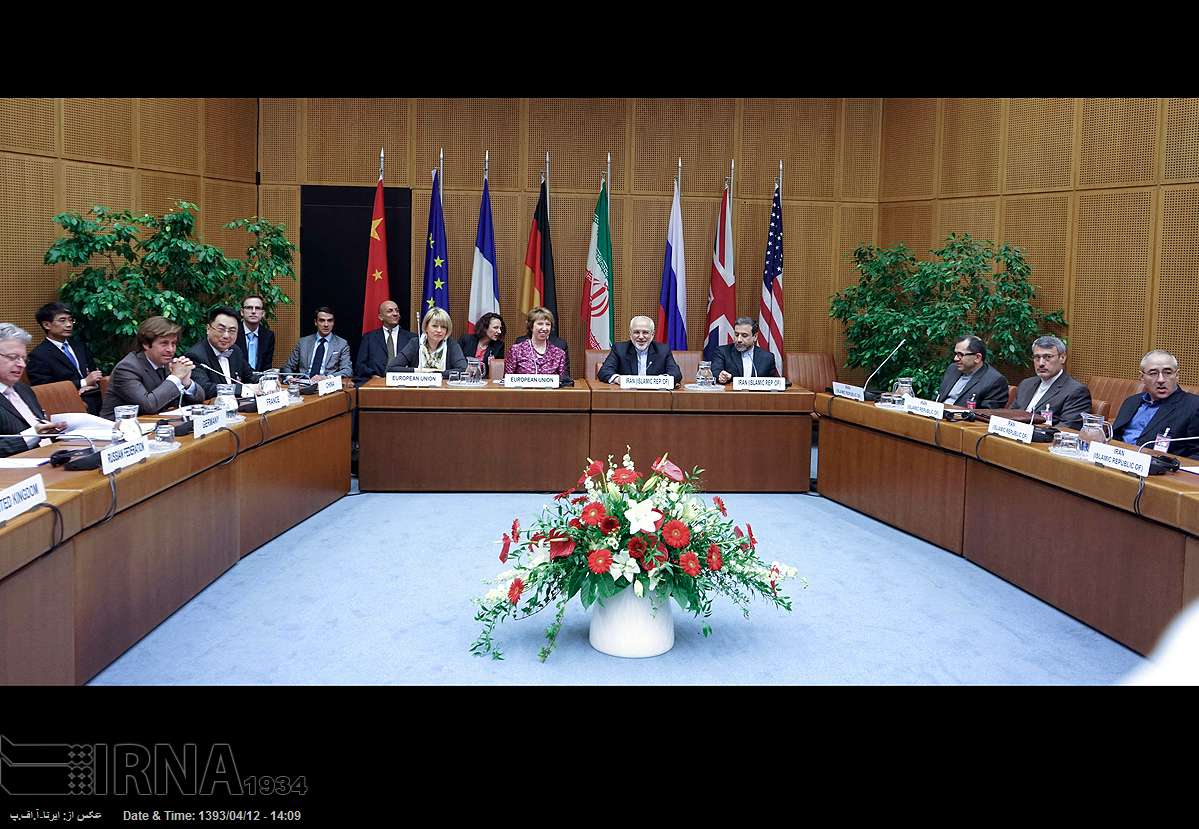 A group of former and current European diplomats have called on the P5+1 group of world powers and Iran to intensify their efforts to reach a comprehensive nuclear deal by the November 24 deadline set by the six countries.
A group of former and current European diplomats have called on the P5+1 group of world powers and Iran to intensify their efforts to reach a comprehensive nuclear deal by the November 24 deadline set by the six countries.�Postponing the final tough decisions ahead is likely to provide more opportunities for those opposing the diplomatic track to spoil this process,� they said in a statement released on Wednesday.
�This is especially so when creative technical solutions have been formulated and a deal is within reach,� the statement further read, adding the deal should address potential international concerns about Iran�s nuclear energy program and should respect �Iranian legitimate aspirations and sovereignty.�
Praising an interim nuclear deal reached between Iran and P5+1 in November 2013, they said, �Europe must seize this moment to encourage the negotiating parties to address the outstanding areas through reasonable compromises while steering clear of issues that are not essential to a good deal.�
The statement was signed by the former foreign minister of Spain, Italy and Sweden, as well as Javier Solana, the former EU high representative for foreign and security policy; President and CEO of International Crisis Group Jean-Marie Gu�henno; Chairman of the Foreign Affairs Committee of the Bundestag (a German legislative body) Norbert R�ttgen; and�Robert Cooper, a former UK diplomat.
�Europeans should also work with the US administration in reassuring skeptical regional allies of the long-term strategic benefits entailed in a final nuclear deal,� they said.
They also noted that the compressive deal will also �reshape the West�s engagement with Iran by opening new options for pursuing overlapping regional interests.�
Noting that the two sides are �closer than ever before to settling the nuclear file,� they said that the goals �of non-proliferation, global and regional security, de-escalation of burning conflicts in the Middle East and the demonstrative effect of successful multilateral diplomacy in these troubled times will all significantly benefit if a good deal is achieved.�
The diplomats also warned that the cost of �failed negotiations should also be borne in mind.�
The statement comes as Iran and the five permanent members of the UN Security Council - France, Britain, the US, Russia, China - plus Germany are set to open a new round of discussions over the Islamic Republic�s civilian nuclear work in Oman on November 11.
The two sides have been holding talks to work out a final deal aimed at ending the longstanding standoff over the Islamic Republic�s nuclear energy program as a November 24 deadline draws near.
By Press TV
The Iran Project is not responsible for the content of quoted articles.










